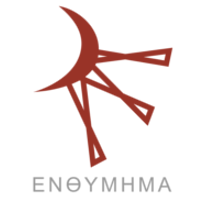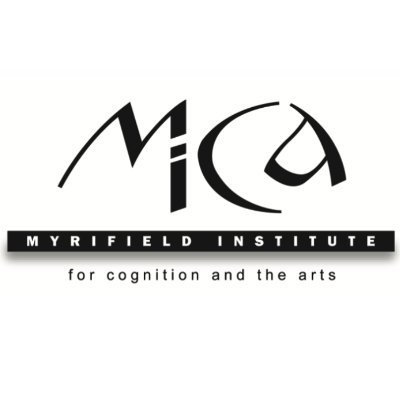
Last paper:
Grazia Pulvirenti, Renata Gambino, Neurohermeneutics. A Transdisciplinary Approach to Literature
- Peer review
- Submit a paper
- Suggest a paper
- Contact us
- Partner program
Grazia Pulvirenti, Renata Gambino, Federica Abramo,
Cognitive Literary Anthropology and Neurohermeneutics. A theoretical Proposal
 Source: Enthymema
Source: EnthymemaYear: 2017
Topics: Consciousness; Critical Thinking;
Disciplines: Anthropology; Literature;
DOWNLOAD PAPER
Download size: 318.26 KB
In the current debate on the definition of new paradigms bridging aesthetics, literary criticism, and the neurocognitive inquiry, Iser’s reader response theory represents the pathway along which we may develop a new methodological discourse opening new perspectives for the current research in both fields: the mindbrain and the literary text. The literary anthropological perspective opened by Wolfgang Iser in 1976 closely borders on relevant new disciplines within the cognitive neurosciences, that have gained important insights in the way the human mindbrain is constructed and works. In this article, we have figured out a cognitive anthropological frame related to a neurohermeneutic theoretical model in order to investigate the act of reading as a complex linguistic, diffuse, and dynamic system. This system is hierarchically constituted in terms of time and rhythm, matching the complex diffuse activations and hierarchical organization of the mindbrain. Our heuristic model will allow to inquire the cognitive, emotional and
imaginative processes put at stake by the literary experience. In doing this we will focus on the relation between text, reader, and author and interpret structural features, style, and rhetoric figures of the literary text as matching processes of the human thought. With this approach, we aim to gain new insights in how the mindbrain fulfils the mysterious process of imagining a counterfactual world, allowing the human being to construct meaning through an interrogation into the deepest conditions for symbolic interaction and culture, redefining the self, elaborating new meanings and finding new solutions for human life in the ecosystem and in the social world.
Project
The Neuro Humanities Studies Network aims at creating a multidisciplinary research community in order to develop and structure a linking platform for neuro-scientific, cognitive topics and humanities.
Click on each keyword to show papers related with it.









